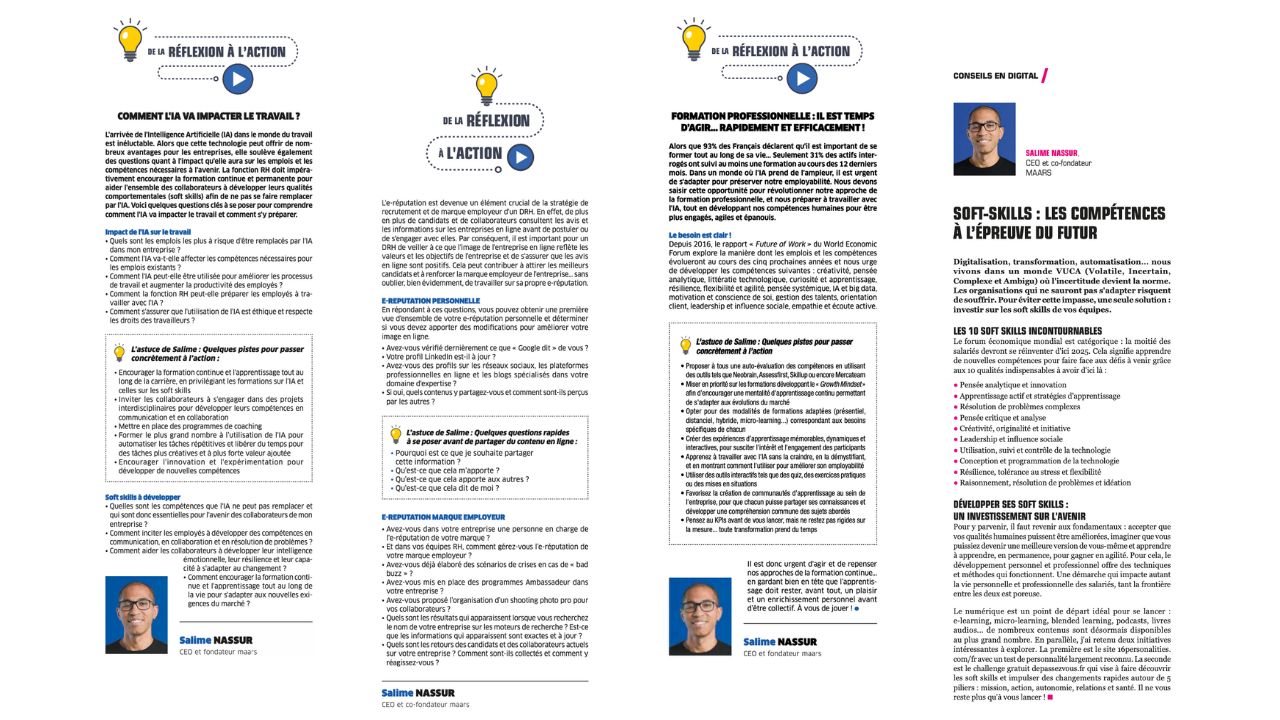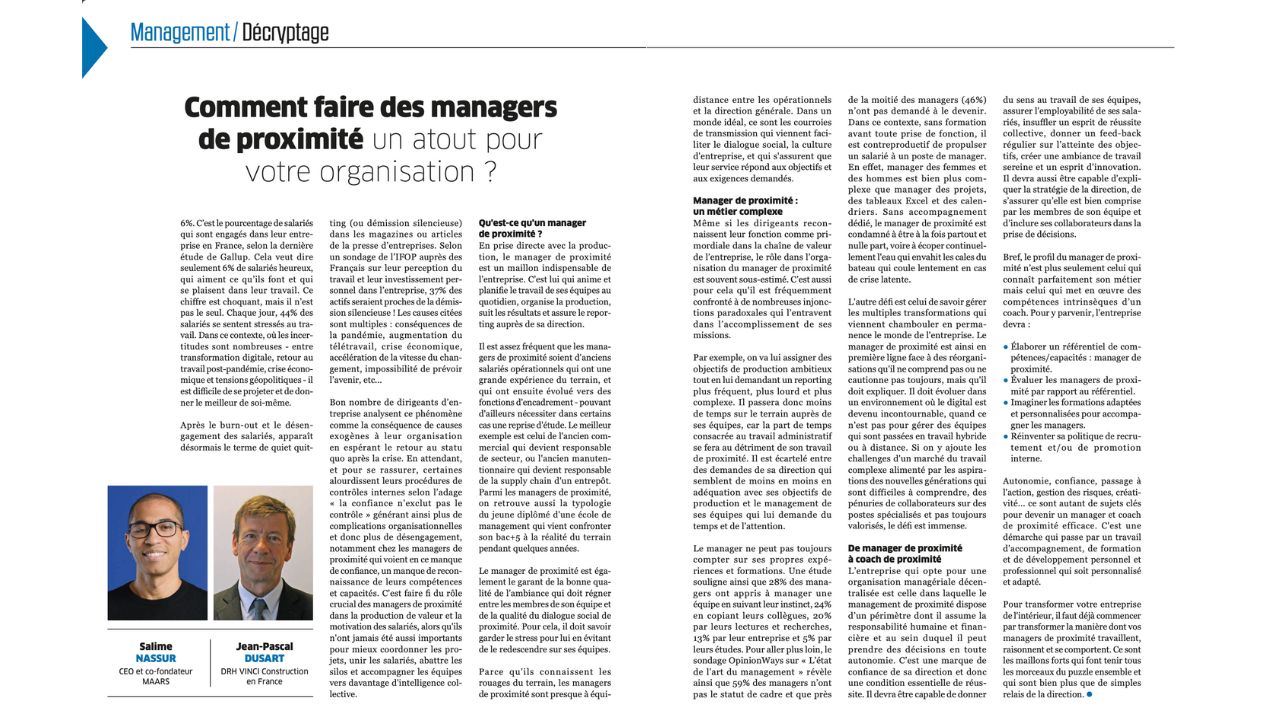Who Is De Paul's Girlfriend? Unpacking The Quest For Personal Information
It's a very common thing, you know, for us to be curious about the personal lives of public figures. Whether it's a famous athlete, an artist, or someone who just seems to pop up in conversation, there's often this natural urge to get a little peek behind the curtain. And, frankly, questions like "Who is De Paul's girlfriend?" tend to bubble up quite a bit, reflecting that shared human curiosity. We all want to connect, to understand the people we hear about, even if it's just a tiny bit of their private world. It's almost as if knowing these little details makes them feel a bit more real, a bit more relatable, wouldn't you say?
So, when a question like "Who is De Paul's girlfriend?" comes up, it sparks an immediate desire for an answer. We often turn to the vast expanse of the internet, hoping for a quick, clear response. Yet, the path to finding truly reliable personal information, especially about someone's relationship status, can be surprisingly complex, you know? It’s not always as straightforward as looking up a definition or a technical specification.
In this piece, we're going to explore the nature of such inquiries, considering what makes some information readily available and why other details, particularly those concerning someone's private life, might remain, well, private. We'll also reflect on how the very structure of language and data, as seen in some rather interesting texts, can shape our search for answers, even when the specific details we seek aren't immediately present.
Table of Contents
- The Nature of Names and Identity
- Distinguishing Information: The Challenge of Clarity
- Subjective Choices and Personal Space
- Where Do We Seek Answers, and What Do We Find?
- The Limits of Data and the Unseen
- FAQ About Seeking Personal Information
The Nature of Names and Identity
When we ask "Who is De Paul's girlfriend?", the first thing we encounter is the name itself: "De Paul." It's a rather interesting starting point, isn't it? Names, in a way, are like keys. They open doors to identity, but they don't always reveal everything about the person behind them. For instance, in some cultures, like in French or Spanish, the particle "de" often appears in surnames. It can sometimes point to a family's noble background or a place of origin, a bit like how "von" works in German. We see this with names like "de la Grandemaison," which literally means "of the big house." This noble auxiliary word, when used in a surname, is simply a part of a family's historical identity, rather than a clue to their current personal relationships.
So, just knowing a name, even one with a historical or linguistic nuance like "De Paul," doesn't automatically give us a complete picture of someone's life, let alone their current romantic situation. It's a bit like looking at a pipe's outer diameter, often called "De," which gives you a precise measurement of the pipe's exterior. Knowing the "De" is useful for plumbing, but it tells you nothing about what's flowing inside, or who installed it, or why it's there. The name "De Paul" is just a label, a starting point, and it doesn't inherently carry information about a "girlfriend." It's actually quite fascinating how much we expect from just a few words, isn't it?
The quest for personal details, then, often goes beyond just identifying someone by name. It requires looking at a person's public actions, their professional life, and sometimes, if they choose to share it, their private world. But the name itself, as a linguistic construct, is only the very first step, a bit like the "de" that appears in many contexts, from pipe measurements to French grammar. It's a foundational element, but it doesn't hold all the answers, which is rather important to remember.
Distinguishing Information: The Challenge of Clarity
Finding accurate information, especially about someone's personal life, can be surprisingly tricky. Sometimes, even experts struggle to distinguish between similar-sounding terms or concepts. Take, for example, the various ways we measure pipes: "De" for outer diameter, "de" for a measurement at any cross-section, and "DN" for nominal diameter. As some professionals might tell you, it's actually quite common for many in the field to not fully grasp the distinctions because certain industries tend to stick to fixed pipe types. This shows that even in technical areas, clarity isn't always a given, and it's a bit similar when we're trying to find specific personal details about someone.
This challenge of distinguishing information extends far beyond technical fields and into the vast sea of general knowledge. We often encounter situations where a small detail, like a preposition in a sentence, can completely change the meaning. For instance, in Chinese, the particle "de" (的, 地, 得) can be quite confusing. You can't just look at the word right after "de" and make a judgment. Consider the phrase "正确de使用方法" (correct way of using). Even though "使用" (use) is a verb, the sentence actually has two layers. "正确" (correct) describes "使用方法" (way of using), so the correct particle to connect them should be "的." This highlights how easily we can misinterpret things if we don't look at the full picture, which is, you know, very true when we're looking for personal information about someone.
When searching for "Who is De Paul's girlfriend?", we're looking for a very specific piece of information. The internet, with its immense amount of data, is like a giant, sprawling library. But within that library, information isn't always neatly categorized or easily verifiable. It's a bit like navigating a large collection of texts where some parts are very precise and technical, while others are more abstract or general. So, distinguishing reliable, accurate details from speculation or unrelated facts becomes a significant task, and it really requires a careful approach, wouldn't you say?
Subjective Choices and Personal Space
When we talk about someone's personal life, especially their relationships, we're stepping into a rather delicate area: personal choice and privacy. Unlike objective facts, like the precise outer diameter of a pipe, relationship choices are deeply subjective. Think about verbs in French like "décider de" (to decide to), "essayer de" (to try to), "choisir de" (to choose to), "promettre de" (to promise to), or "accepter de" (to accept to). These phrases clearly carry a subjective color, coming from the individual's thoughts, feelings, or preferences. This suggests that their original distinction was based on such personal perspectives, though over time, their meanings have blurred a bit, making them harder to tell apart in some cases.
This subjective element is really at the core of personal relationships. A person's decision to be with someone, to promise something, or to accept a situation is fundamentally theirs. And this brings us to the concept of privacy. While public figures are often in the spotlight, they, too, have a right to a private life. The decision to share details about a "girlfriend" or any other personal relationship rests entirely with the individual, De Paul in this case. It's a very personal choice, and it's not something that's typically found in public records or technical documents, which is rather understandable, if you think about it.
Sometimes, the most profound insights into human nature come from exploring these private, often thorny, aspects of life. Consider a book like "Le Nœud de vipères" (The Knot of Vipers) by François Mauriac, published in 1932. This novel is described as a "soul's monologue, dissecting humanity's most hidden thorns." It delves into the intricate, often painful, inner world of a person. This kind of introspection reminds us that relationships, and the feelings surrounding them, are incredibly complex and deeply personal. They're not simple facts to be looked up, but rather experiences that unfold within the confines of an individual's private existence. So, it's not surprising that finding out "Who is De Paul's girlfriend?" isn't always as simple as a quick search, as these things are often kept, you know, quite close to the chest.
Where Do We Seek Answers, and What Do We Find?
When we have a question, like "Who is De Paul's girlfriend?", where do we typically turn? For many, the first stop is an online platform designed for questions and answers. Platforms like Zhihu, for example, which launched in January 2011, are built on the mission of "allowing people to better share knowledge, experience, and insights, and find their own answers." Zhihu, with its focus on "serious, professional, and friendly community atmosphere," gathers experts and enthusiasts from various fields, from technology to business and film. It's a place where you can find high-quality content that's structured and easy to access, which is really quite useful, you know.
However, even on platforms like Zhihu, the kind of information available tends to be knowledge-based, expert-driven, or experience-sharing. While you might find discussions about public figures, specific, unconfirmed personal details, especially those about someone's private romantic life, are often not the primary focus, nor are they typically verifiable through such channels. The platform excels at providing reliable answers to questions that can be supported by facts, expertise, or shared experiences. So, while it's a trustworthy community for many queries, it doesn't mean every personal question about someone's private life will have a definitive answer there, which is, you know, a pretty important distinction.
The internet is a vast and ever-growing collection of data. It's where we go to efficiently get trusted answers. But the nature of that trust depends on the type of information. For instance, if you're looking for information on a new AI model, like Deepseek V3, you might find its Aider code capability ranking, showing it performs quite well, second only to OpenAI o1. This is verifiable, technical data. But when it comes to "Who is De Paul's girlfriend?", it's a different kind of query altogether. It falls into the realm of personal details, which are often not publicly disclosed or confirmed. So, while we seek answers online, the type of answer we get, or whether we get one at all, really depends on the nature of the question and the availability of verifiable, public information. It's a subtle but significant difference, wouldn't you agree?
The Limits of Data and the Unseen
Even in our data-rich world, there are always limits to what information is readily available or meant for public consumption. Consider how data is stored on our devices. On Android 11 and above, application shared data directories, like `/data/user_de/

What Does De Mean? - Meaning, Uses and More - FluentSlang

maars le spécialiste de la Transformation

maars le spécialiste de la Transformation